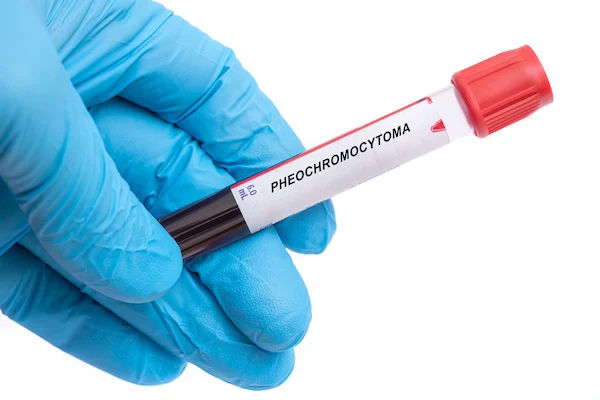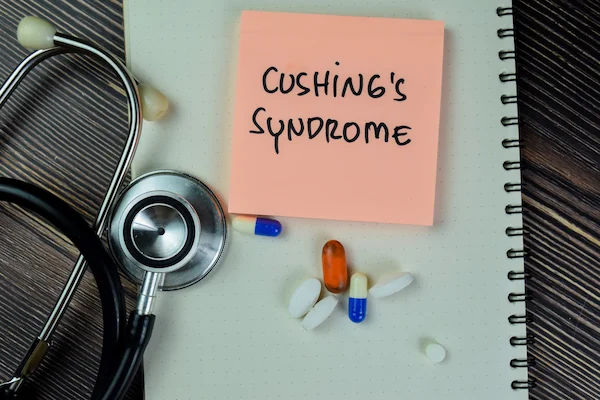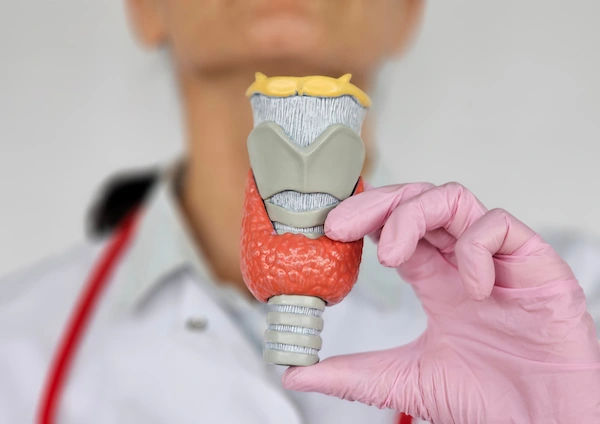- male
- 40 Years
- 29/01/2025
I'm 40 years old and I did a blood sugar test last week. My fasting was 124 and my postprandial (pp) was 97. I'm trying to understand why my fasting level is high since I'm not on any diabetes medication. I ran for 40 minutes just before doing this check for my fasting sugar, and I was sweating by the time I reached the lab. Could this have affected my sugar reading?
Answered by 1 Apollo Doctors
decrease in kidney size can be a good sign, but it's essential to understand the context.
Interpretation
- Variation in measurement: The 0.9cm difference in kidney size might be due to variations in measurement techniques or equipment between the two diagnostic centers.
- Spontaneous improvement: In some cases, a decrease in kidney size can indicate spontaneous improvement or resolution of an underlying condition, such as a cyst or inflammation.
- No cause for concern: Since all other parameters are normal, and you're not experiencing any symptoms, this decrease in kidney size might not be a cause for concern.
Recommendations
- Consult your doctor: Discuss the ultrasound reports with your doctor to determine the best course of action.
- Monitor kidney function: Regularly monitor your kidney function through blood tests (e.g., serum creatinine, eGFR) to ensure there are no underlying issues.
- Follow-up ultrasound: Schedule a follow-up ultrasound in 6-12 months to monitor any changes in kidney size or function.
When to Seek Immediate Attention
- Severe symptoms: If you experience severe symptoms, such as flank pain, hematuria, or fever.
- Abnormal kidney function: If your kidney function tests reveal abnormal results.
- Rapid changes in kidney size: If you notice rapid changes in kidney size or function.
Dr. Dr Khaleel Suggests...
Consult a Endocrinologist
Answered 04/07/2025
0
0

More Endocrinology Health Queries
View allAre oranges good for diabetics?
Citrus fruits like oranges, grapefruits and lemons are full of fibre, vitamin C, folate and potassium, which would help benefit a healthy diabetic eating plan. Oranges are full of fibre and also have low glycemic index.
Answered by 1 Apollo Doctors
What are the risks of using insulin to lose weight?
Insulin causes decrease in blood sugar leading to loss of consciousness and sometimes convulsions too, when used for reasons other than treating Diabetes where sugar levels are high to start with.
Answered by 1 Apollo Doctors
I'm currently undergoing a follicular study, and today is day 13 my right ovary has follicles sized 25x20 and 24x19, while the left has 26x20 and 25x19. The doctor gave me HCG 10,000, and I've started feeling pain. My left tube is disconnected from a past infection and surgery. Is it possible for both ovaries to rupture follicles this cycle, or does only one ovary typically release eggs per cycle? Could both ovaries rupture?
gynaecologist opinion is advised to the patient
Answered by 1 Apollo Doctors
Disclaimer: Answers on Apollo 247 are not intended to replace your doctor advice. Always seek help of a professional doctor in case of an medical emergency or ailment.





